Africa’s comic book superheroes tell the continent’s forgotten stories
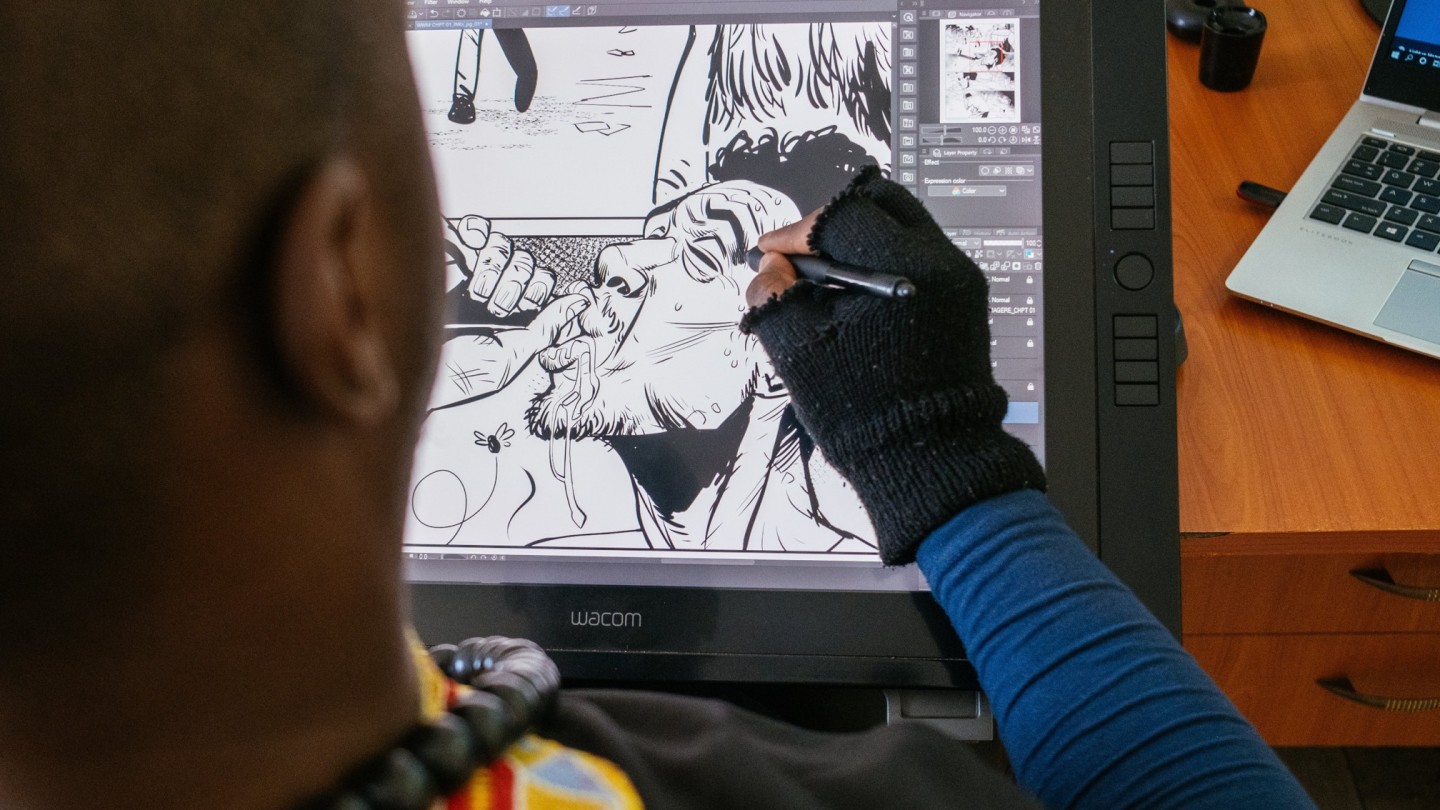
Roula Khalaf, Editor of the FT, selects her favourite stories in this weekly newsletter.
Growing up reading the only available comic books in Addis Ababa at the turn of the century — American superheroes — Beserat Debebe asked himself a deep question: “Why have I never seen in my entire life of love for comics a story that had an Ethiopian protagonist hero, or Ethiopian history included in it?”
“I was only able to find Black Panther, which is based on a fictional country conglomerating 54 African countries into one. It’s like combining all of Europe into one character and saying, ‘This is your history now, and you can get this one character’,” says the Ethiopian founder of Etan Comics. “That was just absurd to me, shocking even. So that meant I had to create what was lacking.”
In 2018, Beserat became the publisher of the first Ethiopian superheroes — Jember and Hawi, each with an eponymous comic book — retelling episodes in his country’s 3,000-year history with a twist. With seven books in English and Amharic achieving $128,000 in sales, Etan Comics hails itself as the “home of African superheroes”.
Although he acknowledges Marvel’s 2018 movie Black Panther gave his comics a global promotional boost, Beserat says Africans now have a growing number of local superheroes to fight for them. And such is the resonance of these stories today that Maaza Mengiste, the Ethiopian Booker-nominated author, wrote the foreword to the print edition of Jember. A frustrated resident of Addis Ababa, Jember garners superpowers and fights evil in a story from Etan’s team of five creators that is interwoven with legends of the ancient kingdom of Punt.
“The superheroes of my childhood looked like their creators, and those creators did not look like me,” wrote Mengiste, recalling that, despite their superpowers, Wonder Woman, Superman or Spider-Man “lacked” what she possessed: “My heritage. My Africanness. My Ethiopianness.” Indeed, American, European and Japanese comic culture has dominated that industry for almost a century.
In the past decade, though, with the rise of “African comics by African creators”, as Etan Comics puts it, other stories are being told. In the US, where there is a big Ethiopian diaspora, Etan sells its books through Amazon, Target and Barnes & Noble. It is also boosting its distribution channels in Ethiopia to amplify the reach of its latest superheroine series, Zufan, a sci-fi story that is inspired by the “Scramble for Africa” in the 19th century and Ethiopia’s victory against Italy in 1896 in the Battle of Adwa — but features aliens instead of European colonial powers.
“Comics are a great way of telling those forgotten stories, especially in the Ethiopian context — those past heroes of Ethiopia who many people don’t know about,” says Minas Halefom, founder of Jebdu Stories, a small publishing house based in Addis Ababa. “More broadly, they are a great way of telling African stories to the whole world, stories that are shadowed by the western narrative.”
Halefom is the creator of Agga, a graphic novel based on the story of Abdissa Agga, an Ethiopian colonel who fought Italian fascists and, after many travails, marched through liberated Rome in 1944 waving an Ethiopian flag.
Comic strips, as we know them now, were brought to Africa principally by European colonisers and missionaries. Beserat explains, however, that the culture of images has deep roots in Africa, especially Ethiopia. He says the origins of African comic books can be traced back to 17th-century Orthodox Ethiopians who drew sequential religious stories on folding comic book-like strips of parchment called sensi’il in Amharic.
In neighbouring Kenya, publisher Avandu Vosi (meaning “all the people” in Luhya), which was founded in 2018, opted to turn African mythologies into comic books and has already sold more than 6,000 copies in English and Kiswahili. “We started with mythological characters; we cannot really say they are superheroes. We want to tell stories that are from us, set in our culture,” says founder Salim Busuru.
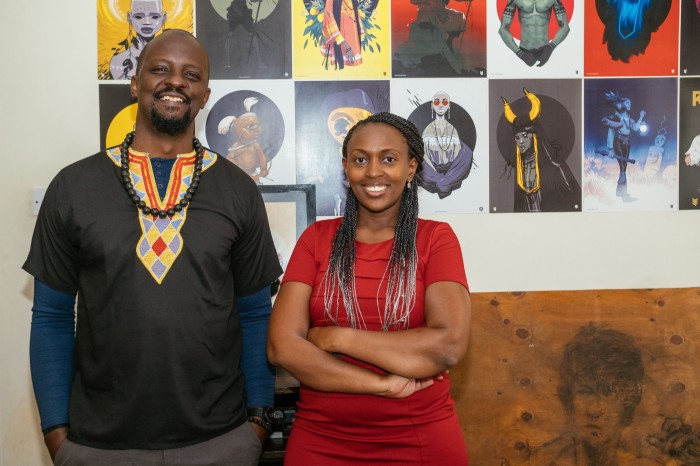
That includes Wana Wa Magere (The Sons of Magere), the story of the fictional teenage descendants of the mighty Luo warrior Luanda Magere who embark on a quest to recover stolen Kenyan artefacts to fight evil. There is also Beast From Venus, based on the Kalenjin myth of the Nandi Bear, which is a cross between a bear and a hyena that eats brains.
Avandu Vosi also piggybacked on the success of George Lucas’s creation with Rovik, a Star Wars story set in an African universe involving child soldiers. “Star Wars is a whole universe, so we decided that maybe there was an African part,” says Busuru, adding that the publisher also gave it successful exposure at comic conferences in the US.
“There’s a growing demand globally for African stories,” he says. “Brazilians of African descent are asking for them because they can relate to them. In the US, the African-Americans are trying to get back to their origins. There are a lot of black people worldwide looking for their identity, and comics are a great medium that tells a story through visualising it.”
In Nigeria, the powerhouse of African comics, Comic Republic, has been producing downloadable digital superhero editions at a rate of one every two weeks for 10 years and has recently topped 2mn page views. Those include stories featuring Ireti Moremi, a warrior-queen trained by the Dahomey Amazons who wields the powers and weapons of Ogun, the Yoruba god of war and iron, and Ireti Bidemi, her contemporary descendant, an archaeology student in Ibadan who fights crime — the latter to be adapted into an animated film.
“Comic books are meant to draw people into this superhero universe while changing the narrative of Africa for the new generations. That is very important to us,” said Jide Martin, founder and chief executive of Comic Republic.
Panaramic, another pan-African comic books publisher based in Lagos, has also been in the market for over a decade, focusing on episodes in Nigerian history. The first issue, titled 1897, delves into the punitive British military expedition that crushed the kingdom of Benin, after its ruler, Oba Ovonramwen, defied the British empire. The company, which has so far published 70,000 copies of its various editions, also has a series of superheroes, including Omoboy, who turns into electricity — and can power Lagos, a city that is infamous for its blackouts — and a super-heroine based on Idia, the first queen mother of Benin.
“We shifted a little bit from our historical content into the traditional superhero genre because there’s nothing in the world more powerful than a good story that Africans can look up to,” says editor-in-chief Tunji Anjorin.
Publishers across Africa echo that this is the golden age of their “own” African superheroes. “There is definitely a strong momentum,” says Etan Comics’ Beserat. “I wholeheartedly believe that we are just at the beginning of the era of African comics.”
Andres Schipani is the FT’s east and central Africa bureau chief
Join our online book group on Facebook at FT Books Café
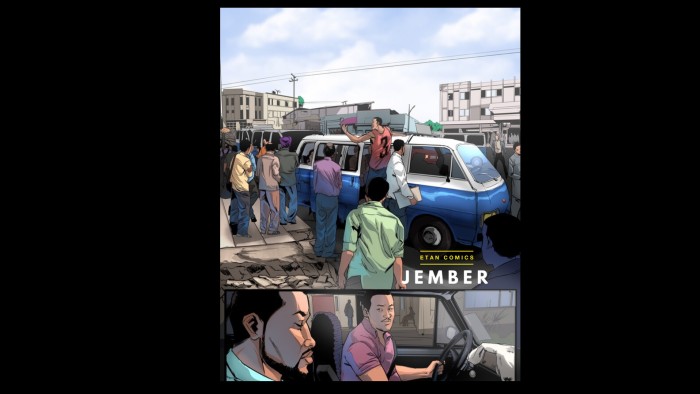
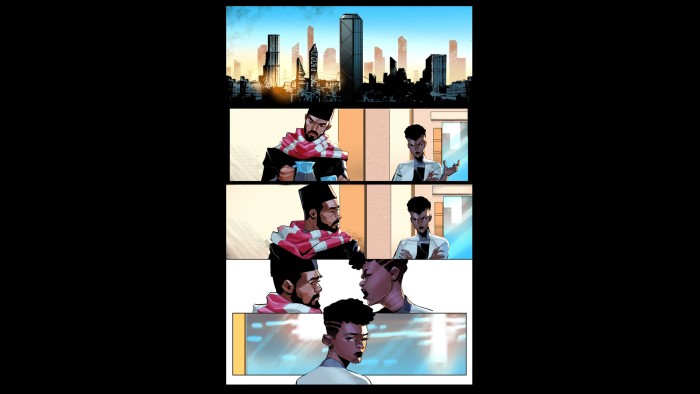
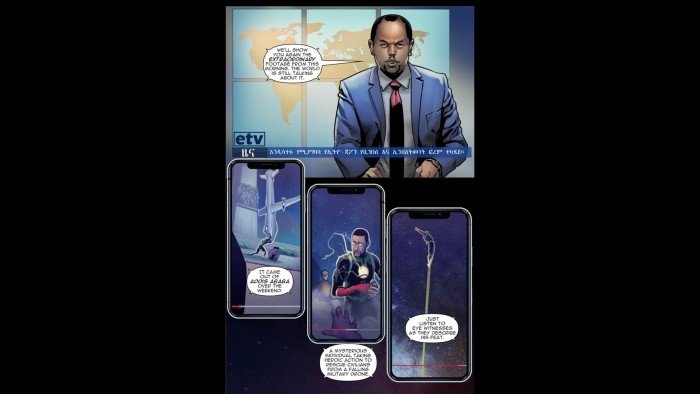
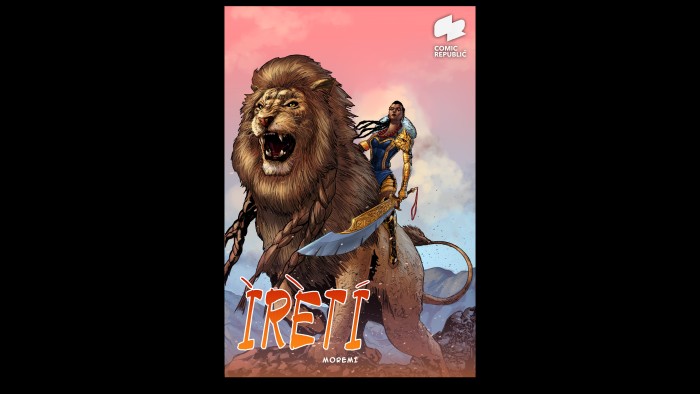
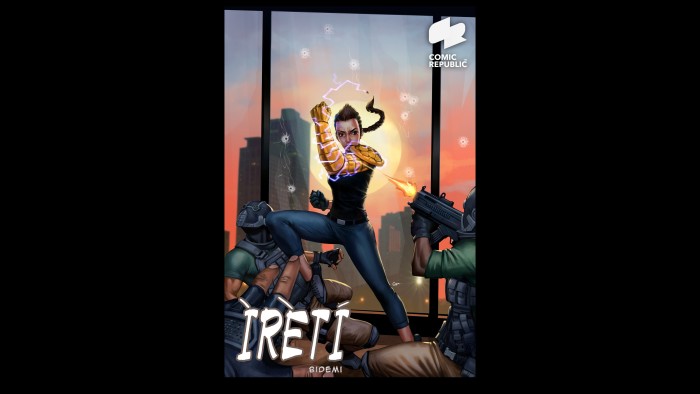
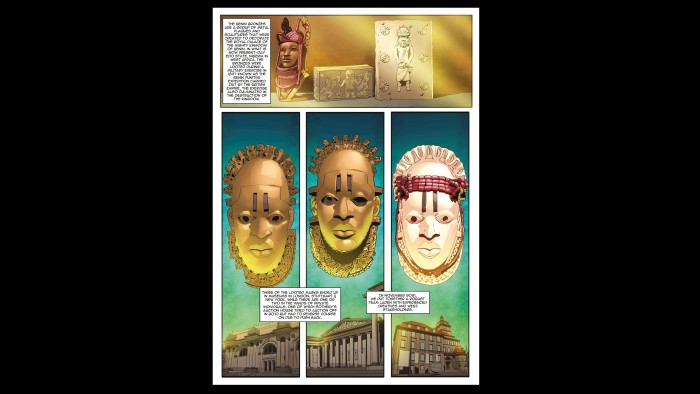
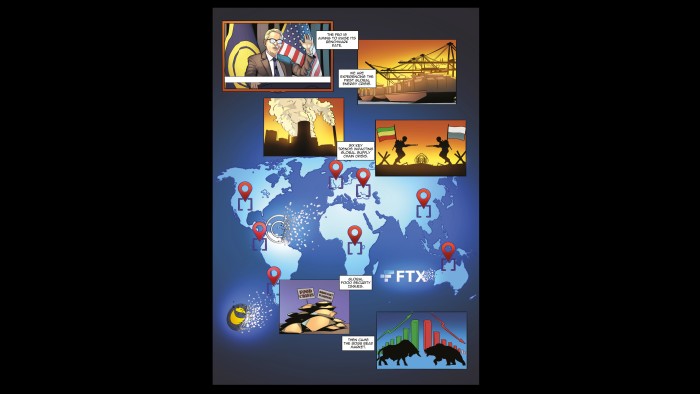
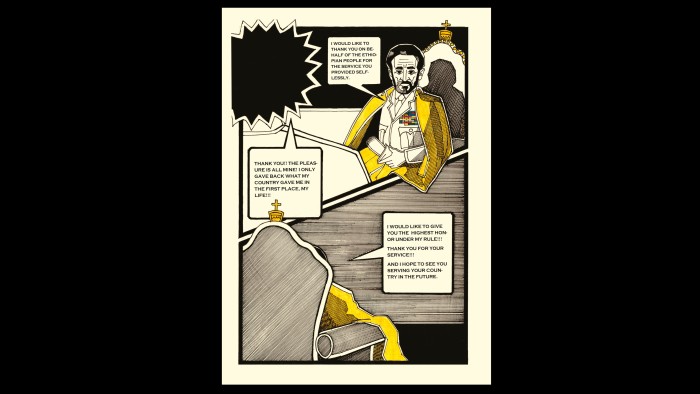
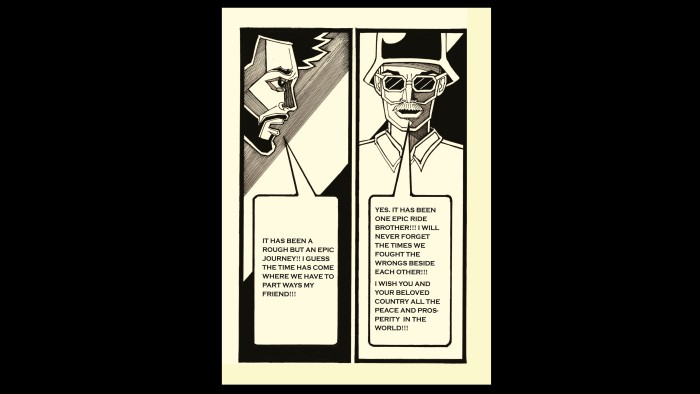
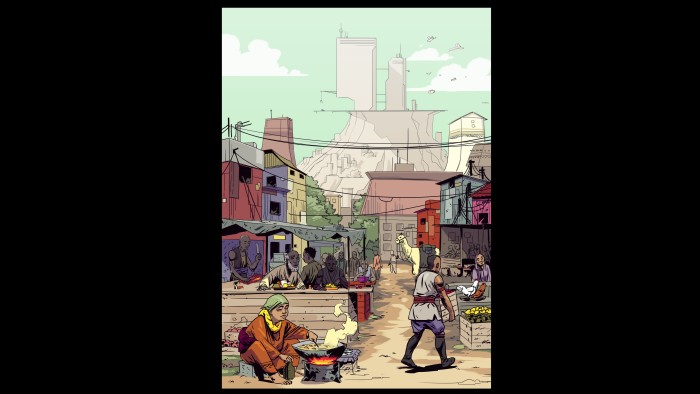
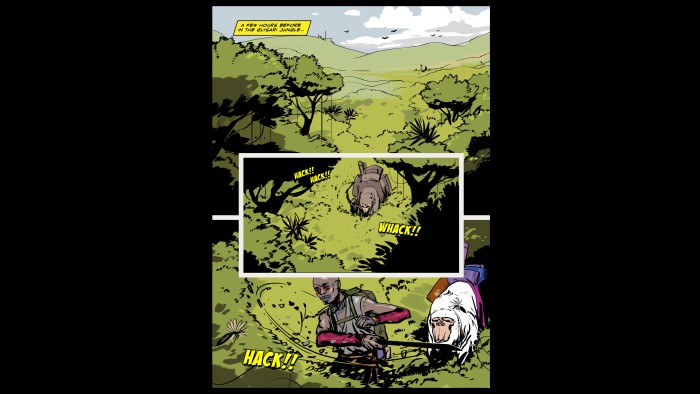

Comments